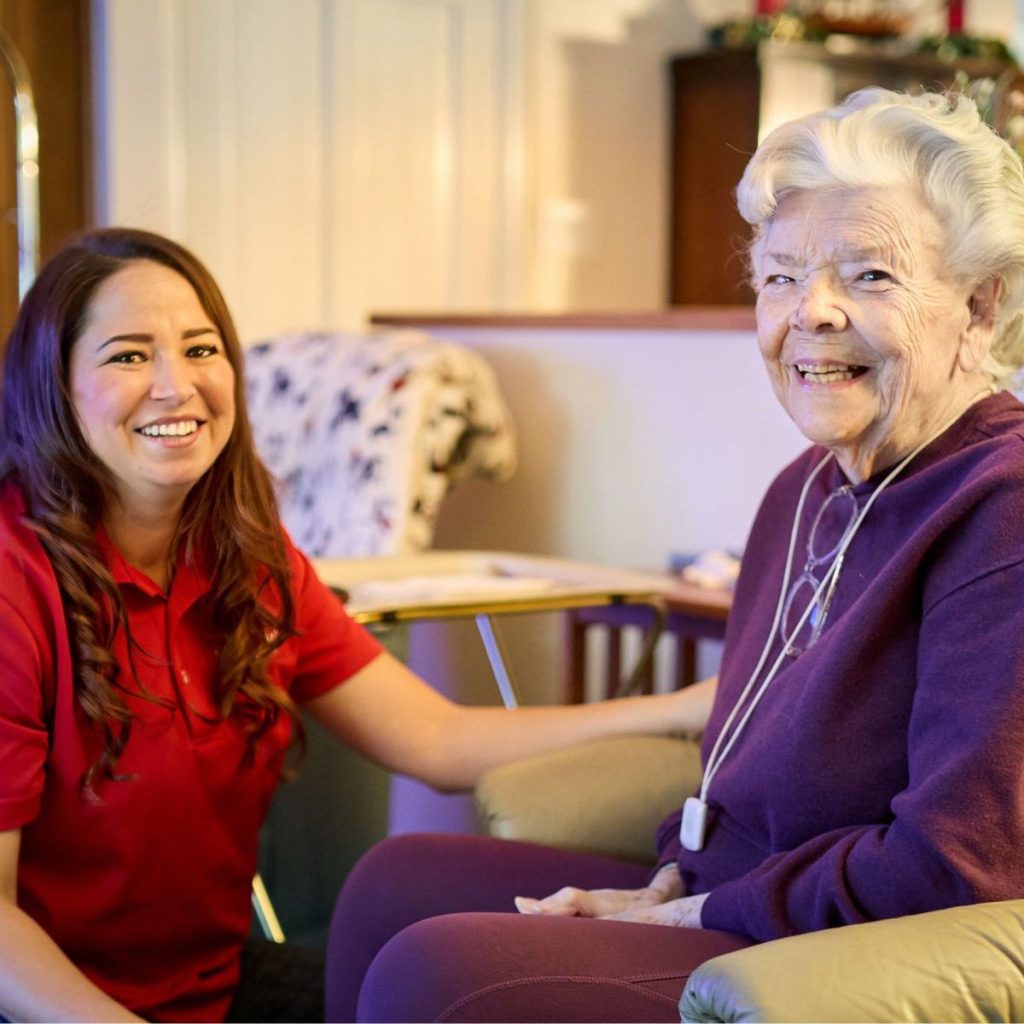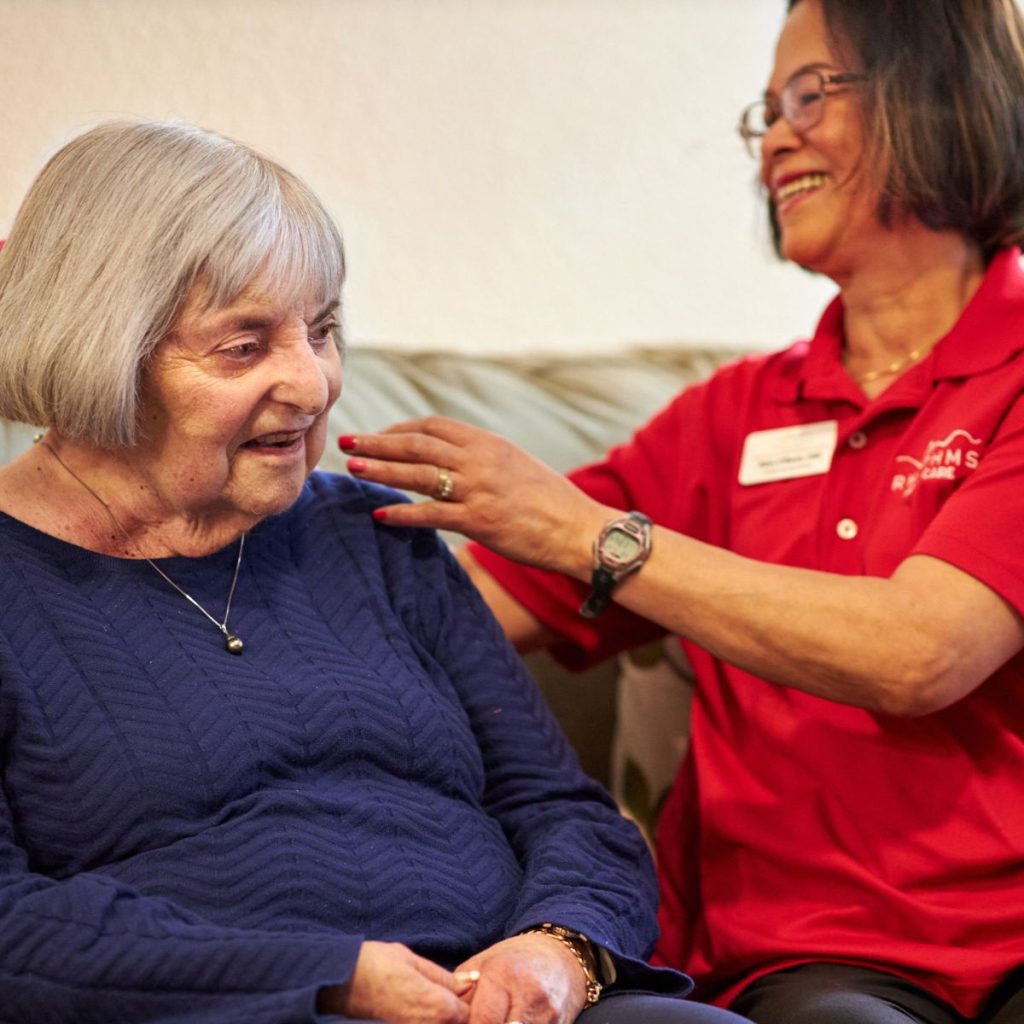As our loved ones get older they may experience increased medical issues or require continuous care. It is important to have a plan in place when preparing for such emergencies.
Emergencies are things like severe weather, service outages and other interruptions in normal daily life. Certainly the recent COVID-19 global pandemic falls into the category of a public health emergency. This is also important to factor into emergency plans.
There are a few crucial areas of concern that need to be addressed in advance to prevent further problems during an emergency situation.
Stay Informed / Access to Information
The American Red Cross recommends gathering information to help prepare. Identify what are the likely disasters that could happen in the community. In Florida, it might be hurricanes and in the midwest a tornado is more likely to occur. In Colorado, earthquakes, wildfires and winter storms are listed.
Learn about community response plans and sign up for alerts and warnings. Services such as FEMA and the National Hurricane Center continually provide emergency updates through the internet and radio communications. Charging a phone in advance and having a radio with fully-charged batteries are both ways to get crucial information during a disaster situation.
Initial Steps
First and foremost, take time to think about the specific situation of the senior and make a plan ahead of time. This will allow time to consider options when it’s not a stressful situation such as a pending storm or surprise weather event.
- Consider if the power went out, what would be needed to stay home for two weeks or more, or if evacuation is necessary.
- Talk about the help that may be needed and who could provide the assistance.
- Create a plan to communicate with helpers
Build A Support Network
Along with the emergency plan, make a list of people who can provide support during an emergency – friends, neighbors, nearby family members, care providers, community or faith-based organizations or others who may be able to assist before and after an emergency or disaster. Discuss and assess the plan with the identified support network, making sure they are willing and able to assist if the time comes.
Make sure pets and service animals will receive proper care during an emergency. Pets should have a collar or tag with contact information for the owner.
Designate an area to keep emergency supplies and ensure that these supplies are kept up-to-date.
Healthcare
If someone requires daily medications, it is important to make sure that they are refilled and placed in an easily accessible location – one that can be found during a power outage.
Running out of necessary medications can also cause other health complications. This can become deadly for some individuals during a time with reduced access to essential services. In preparing for emergencies, have a small backup supply of meds, if the doctor will allow, for such situations
In addition to the regular medical needs, COVID-19 presents additional considerations such as testing, quarantine and treatment. Know if someone is at greater risk and what the options and plans are for care. Develop a COVID-19 action plan now. This template has been developed by the Centers for Disease Control and Prevention (CDC) so everyone has the tools and information necessary to put a plan together now. Check out the COVID Personal Action Plan.
Financial Planning
Planning of finances should not be ignored. If someone suddenly cannot afford to pay their bills or buy necessities during or after an emergency situation, this can cause severe problems such as illness, lack of proper nutrition, loss of utility services, or eviction from their home.
Many older adults depend on sources of income such as social security, disability, and government assistance. It is important to make sure their payments will be deposited on time or make alternative financial arrangements if necessary. Setting up automatic direct deposits can prevent an uninterrupted flow of needed funds.
More Help is Available
For more information on how we can provide the help you need in case a friend or family member is not available, contact us at Rhythms Home Care. We’ll be happy to explain ways we can support older adults in both emergency and non-emergency situations.





